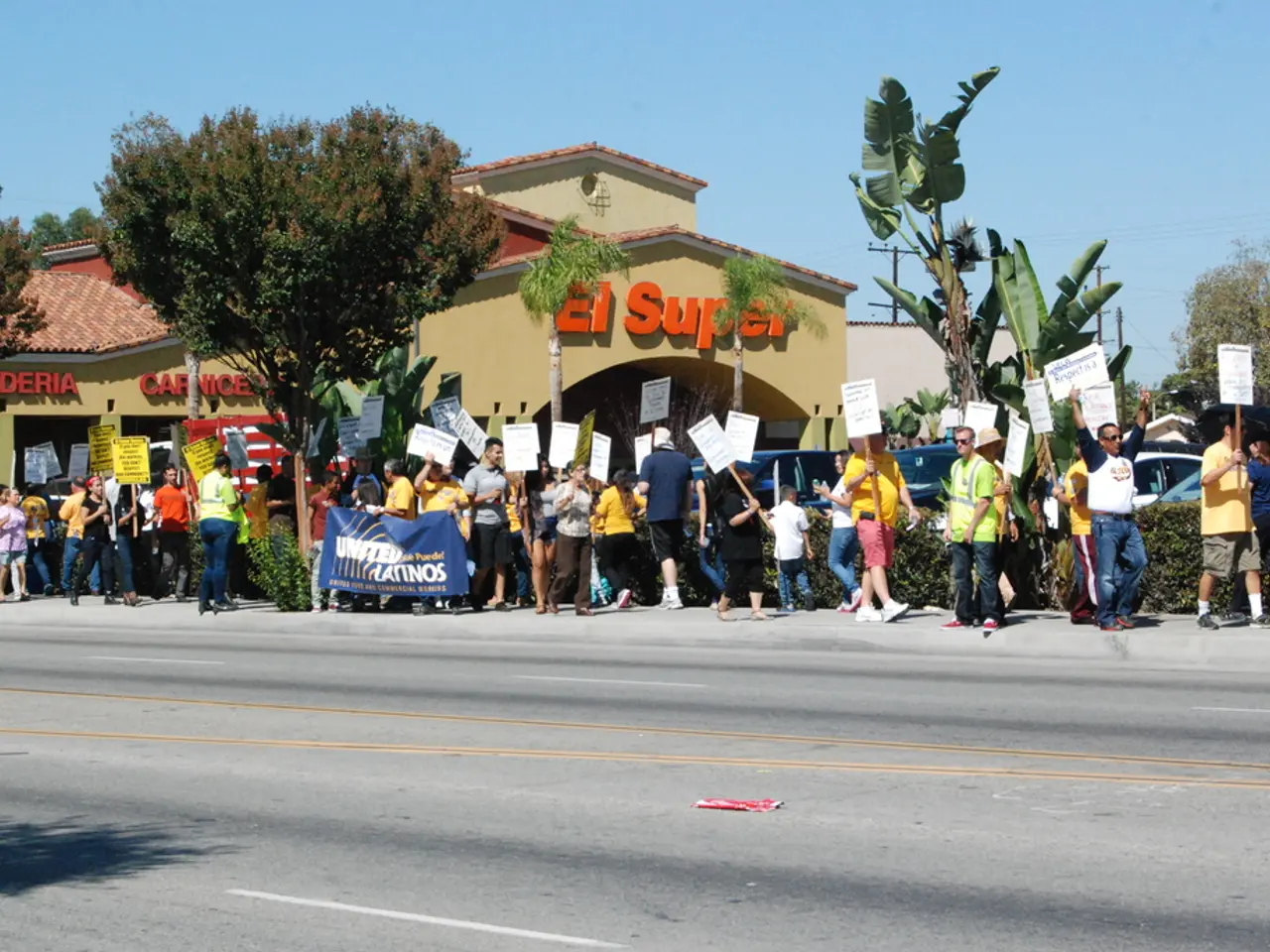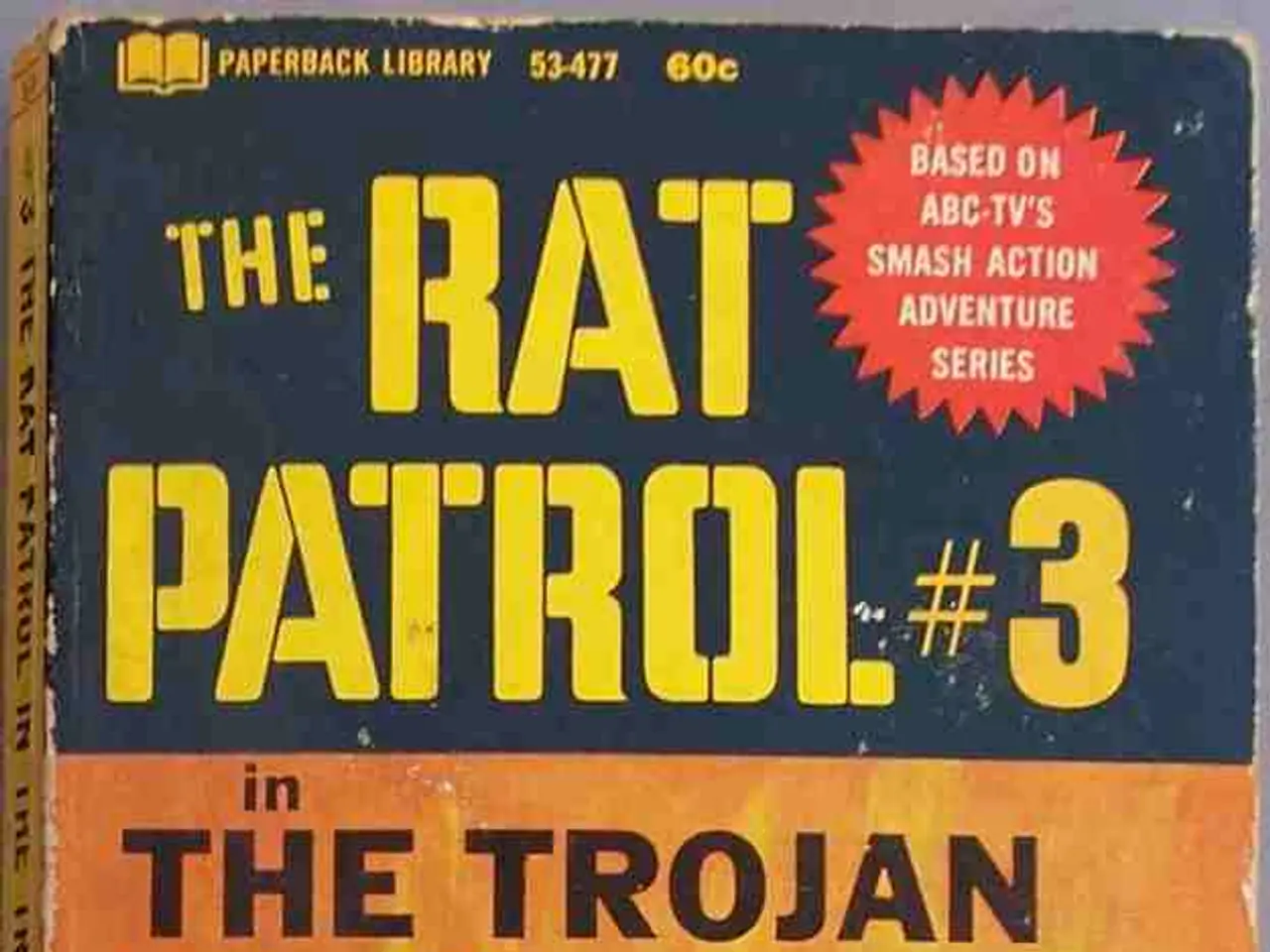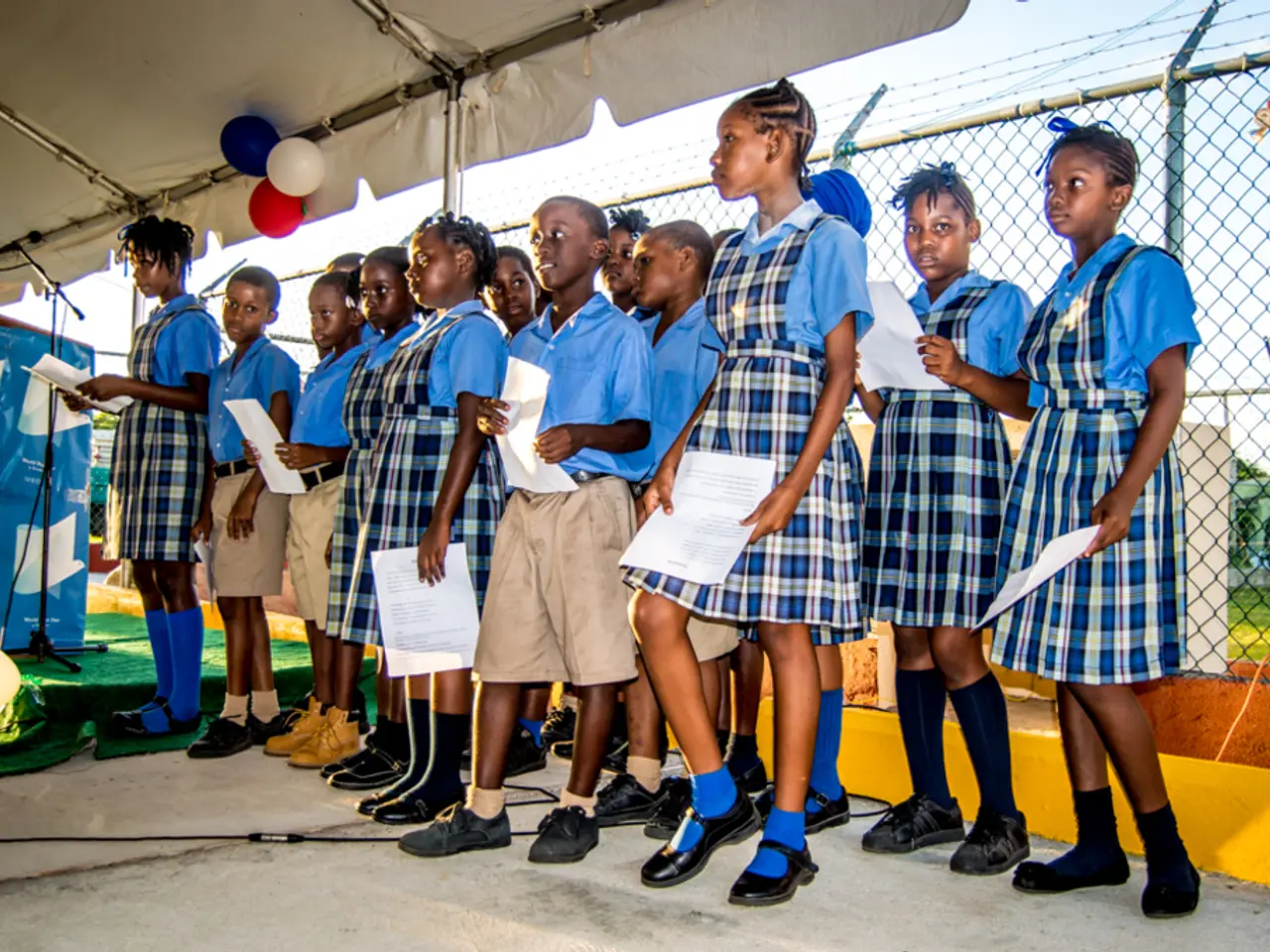Federal authorities targeting voter and election data request information from a minimum of 19 distinct states, according to the Associated Press.
The U.S. Department of Justice (DOJ) has been requesting voter data and election information from state election administrators in at least 15 states over the past three months. The purpose of these requests is to investigate and enforce federal laws related to voting, including cracking down on alleged voter fraud and ensuring compliance with the Help America Vote Act (HAVA) and the National Voter Registration Act (NVRA).
The DOJ, under the Trump administration, seeks detailed voter registration lists and information about potentially ineligible voters or unlawful election conduct. This outreach is unusually expansive compared to past DOJ practices, which mainly focused on protecting voting access rather than investigating fraud.
Election officials in Arizona, Connecticut, Michigan, Nevada, New Mexico, Rhode Island, and Wisconsin have received an email from two department lawyers requesting a call about a potential "information-sharing agreement." Election officials in at least four California counties have received letters from the Justice Department asking for voter roll records, including the number of people removed from the rolls for being noncitizens and their voting records, dates of birth, and ID numbers.
However, the requests have raised legal and privacy concerns. Federal law does grant the DOJ some rights to access state voter registration data to enforce voting laws. However, election law experts express concern that some DOJ requests may overreach what Congress authorized, especially given the broad scope and sensitive nature of the data requested. There are worries about privacy, potential misuse, and the risk of voter intimidation or doxing if such data is mishandled.
States have responded with caution and concern. Some states, including Colorado and New Mexico, describe the DOJ demands as unprecedented and troubling. There is alarm over federal encroachment on state constitutional authority to run elections, and skepticism about the stated justifications for the requests. Some state election officials have questioned the scope and intent of the DOJ’s data demands, amid worries about privacy and political motivations.
In Minnesota, the office of Secretary of State Steve Simon, a Democrat, stated that the federal agency is not legally entitled to the information. Maine's Secretary of State, Democrat Shenna Bellows, stated that the administration's request overstepped the federal government's bounds and that the state will not fulfill it.
The Privacy Act of 1974 puts strict guidelines on data collection by the federal government and requires a notice in the Federal Register and notification of appropriate congressional committees when it seeks personally identifiable information about individuals. However, the DOJ has not publicly disclosed whether it has complied with these requirements.
Justin Levitt, a former deputy assistant attorney general, stated that the department's requests for voter registration data are more problematic due to the Privacy Act of 1974. Levitt also expressed concern that the involvement of a criminal attorney could be seen as intimidating.
In summary, the DOJ’s recent voter data requests aim to enforce voting laws and investigate fraud but raise legal and privacy concerns about federal overreach, leading to cautious and critical responses by multiple states. Election law experts and voting rights advocates highlight the risk of eroding public trust and emphasize that such data sharing must comply with privacy laws and respect states’ rights.
The government's efforts to obtain voter data from various states have sparked a controversy in Seattle's general news, politics, and policy-and-legislation circles. Some state officials, like Colorado and Minnesota, are voicing their concerns over potential federal overreach and the privacy implications of the policy.








